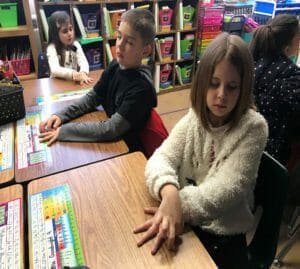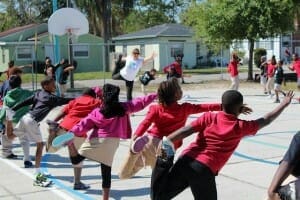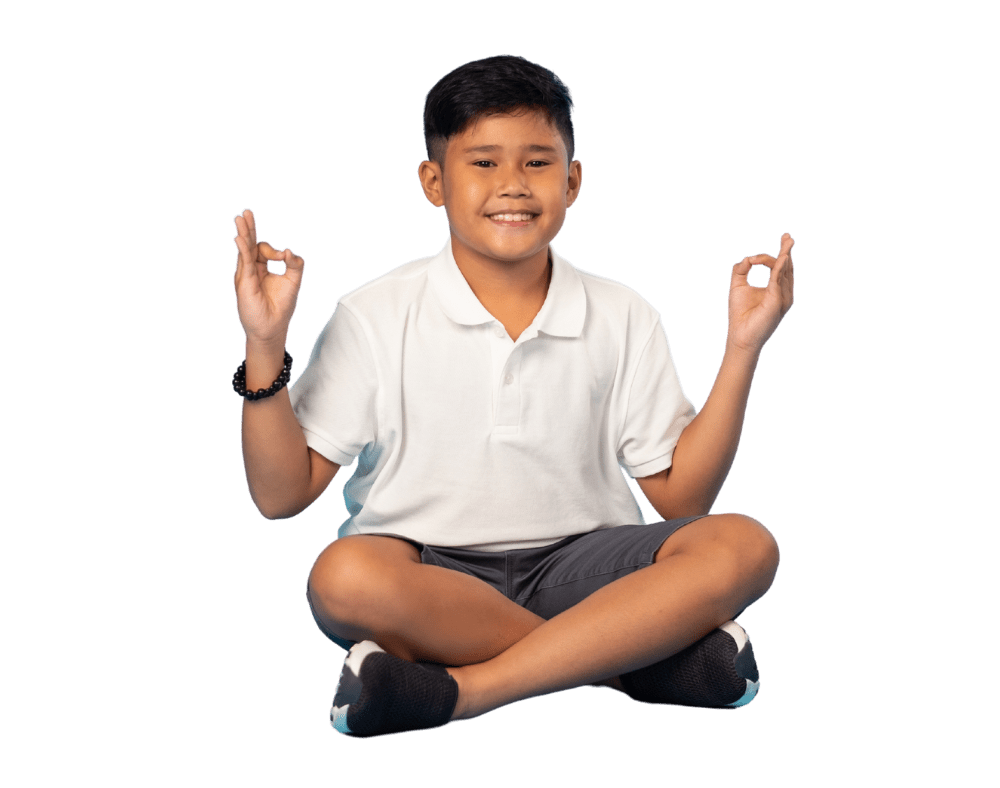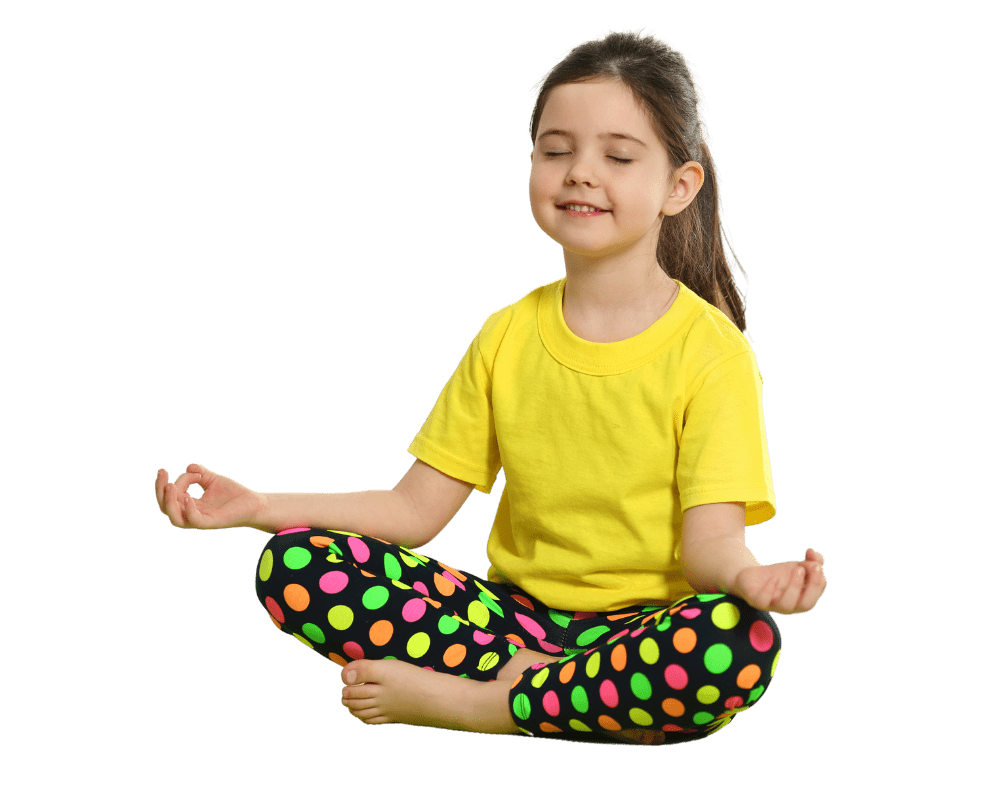
In West Virginia, school staff have turned to mindfulness practices. A project supported by West Virginia University College of Education and Human Services (Project TRAIN) aimed to help students regulate emotions and focus more on classroom instruction through mindfulness. According to their study, “The purpose of this project was to offer elementary school personnel in WV training in mindfulness-based curriculum, Kidding Around Yoga, and to assess the impact on the classroom experience, compassion fatigue/burnout, and mindfulness in teaching among school personnel.” More than 300 school personnel completed the training in EduKAY and the findings were impressive:
- Educators reported a significant increase in the ability of students to regulate their emotions following the implementation of EduKAY strategies in the classroom.
- Teachers reported that mindfulness strategies in the classroom allowed them to spend more minutes on classroom instruction time.
- Educators reported an increase in feeling equipped and knowledgeable in strategies to support students, recognizing kids in crisis, ability to de-escalate situations, and resources available to them to support students in the school and community.
- There appears to be a declining trend in disciplinary actions and referrals for behavioral/emotional challenges.
EduKAY, the training that the WV educators and staff participated in, is a six-hour professional development opportunity. It provides educators with the skills necessary to introduce yoga, meditation, and mindfulness into today’s demanding academic environment by guiding participants through methods to integrate yogic concepts throughout the school day as they pertain to behavior, stress management, and health awareness, all while increasing student engagement in a positive environment.
One West Virginia principal participated in an EduKAY training and was so excited, she brought the workshop to her entire staff! “Just wanted to share that the Tuesday after training I went all through the school and yoga, mindfulness and little brain breaks were EVERYWHERE! It is amazing the change in all my staff. We always had mindfulness built in, but the teachers and staff are taking it to a whole new level! Yay! Thank you!!”
Jenny Harden, School Principal – Rupert, West Virginia
Imagine that! A thousand year old practice being used in today’s modern classrooms to support and transform our youngest generation. Want to try a couple of the strategies taught in EduKAY and in classrooms across West Virginia? Try these:
Four Finger Meditation: Using both hands, touch your thumb to each finger (index, middle, ring, pinky) and say each word: “Peace begins with me.” Keep moving your fingers as you repeat the words several times out loud, then as a whisper, and then only in your mind. Continue as long as you’d like.

Zip Zap Zop: Students stand in a circle, palms together at their hearts. The first player says ZIP and points one of their hands toward anybody else in the circle. That person receives the ZIP and sends a ZAP to another person, making the same movement with their hand. The third person catches the ZAP and sends a ZOP to another player. This keeps going, faster and faster, until someone makes a mistake. Then, simply start again.
Ready to learn more about bringing yoga, meditation, and mindfulness into your school and classrooms? EduKAY (and other courses, including full Kids Yoga teacher certification) can be found at www.kiddingaroundyoga.com. Listen to our podcast, Mindful Conversations with KAY, for more discussion of behavior management through yogic practices.



